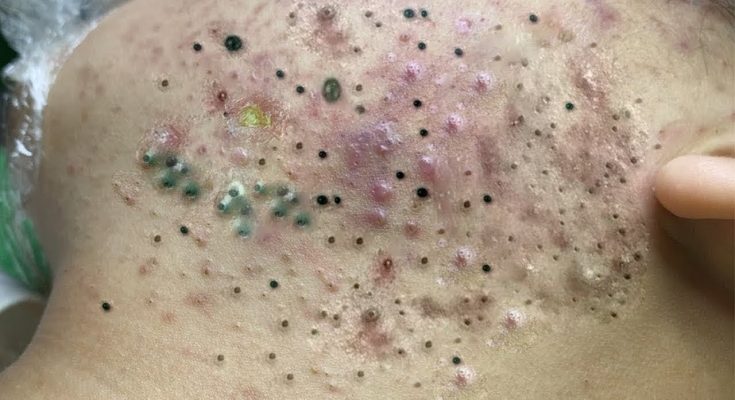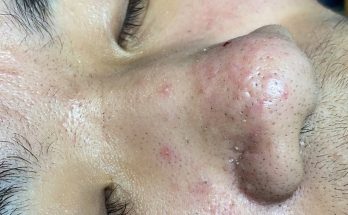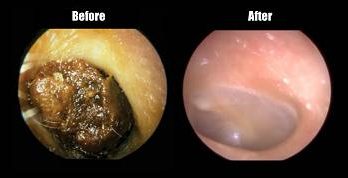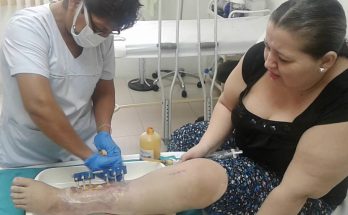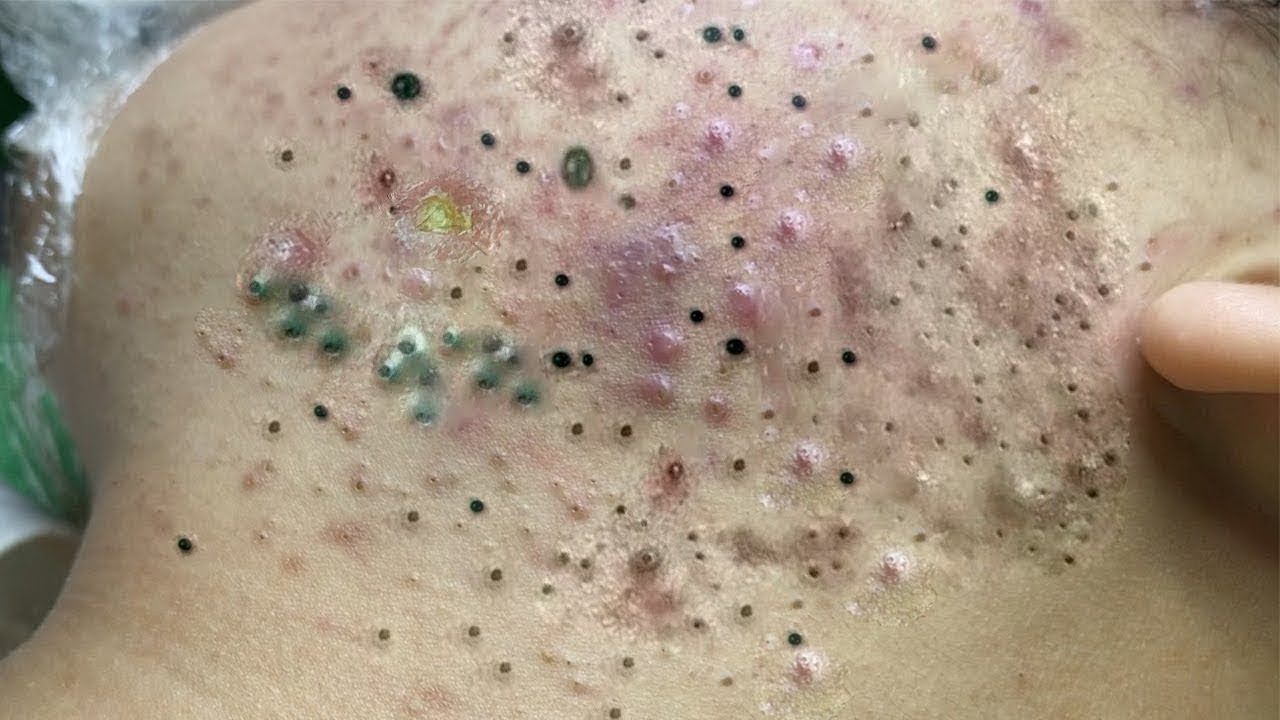
How to Get Rid of Blackheads
SUMMARY: Blackheads or “open comedones” are blocked pores that may resemble tiny specks of dirt. In reality, they manifest when the combination of excess oil and dead skin cell build-up within a clogged pore comes in in contact with air. This causes the build-up to oxidize or darken. Blackheads appear most commonly on the nose and central part of the face. To treat blackheads:
- Look for skin care products formulated with ingredients such as salicylic acid and adapalene (topical retinoid)
- Do not attempt a DIY blackhead extraction that can turn a minor blackhead problem into a major breakout!
- See a dermatologist who can perform mechanical extractions
- Don’t use harsh scrubs, which could irritate your skin
- Avoid pore strips, especially if you have sensitive skin
WHAT ARE BLACKHEADS?
Blackheads: A type of acne
Acne blackheads are easy to spot on the skin. They are dark in color and slightly raised. Blackheads are classified as a non-inflammatory type of acne, meaning they are formed when a pore is clogged with oil, skin cells, and debris.1 They are most commonly found on the central part of the face, but can also appear on the back, chest, neck, arms and shoulders.
WHAT CAUSES BLACKHEADS?
Discover why blackheads occur
Before learning how to get rid of blackheads, it’s important to understand what causes blackheads. Blackheads are caused by clogged hair follicles (also known as pores).2 Follicles contain hair and a sebaceous gland, which produces sebum (oil) to help keep the skin soft. Dead skin cells and excess sebum collect and form a ‘plug’ within the pore. This plug is slowly pushed toward the surface of the skin. When it comes in contact with outside air, it oxidizes and darkens, in the same way that cut fruit changes color when left out in the air.3
HOW TO GET RID OF BLACKHEADS
Blackhead treatment and removal
When it comes to getting rid of blackheads, look for products formulated with ingredients proven to help unclog pores. One such ingredient is salicylic acid. This gentle exfoliating ingredient helps dissolve the excess oil and skin cells that cause clogged pores in the first place.4 Salicylic acid can be found in a range of products such as face washes, toners, and other acne treatments.
Adapalene is another clinically proven ingredient that can help target blackheads. This topical retinoid penetrates pores to help eliminate blackheads and prevent their reoccurrence. Adapalene is a prescription-strength acne treatment that is now available over-the-counter without a prescription. Developed and tested with dermatologists, Effaclar Adapalene Gel 0.1% helps clear and prevent blackheads, whiteheads, acne blemishes, and clogged pores.
When using any kind of acne treatment, it is recommended that you incorporate a non-comedogenic moisturizer into your skin care routine to avoid dryness from occurring. A sunscreen should also be used daily, as exfoliation can render skin more sensitive to sunlight.
WHAT TO AVOID WHEN TREATING BLACKHEADS
- Avoid pore-clogging ingredients in your skin care products. Always look for products labeled as non-comedogenic, meaning that they are formulated without ingredients commonly known to clog pores.
- Though blackheads may appear “dirty” due to their dark color, it is important that you do not over-cleanse with harsh scrubs, as this can either cause irritation or strip skin of natural moisture, causing it to produce more oil.
- Pore strips are often marketed as helping remove blackheads. However, there is debate as to their effectiveness. In reality, pore strips only remove the most superficial part of the clogged pore. They do not address the underlying issues that cause blackheads in the first place. They can also be irritating for sensitive skin types which can make your acne worse.
HAVING TROUBLE FIGURING OUT HOW TO GET RID OF BLACKHEADS?
CONSIDER SEEING A DERMATOLOGIST
If you have persistent or an excessive amount of blackheads, you might want to consult a dermatologist who can recommend suitable over the counter products such as Effaclar Adapalene Gel 0.1% or in more severe cases, prescribe a prescription acne treatment. In some cases, your skin care processional may perform a clinical extraction to remove the blackheads. Do not try extraction on your own: DIY extractions can transform a minor blackhead into a major breakout!
Chemical peels can also be used to exfoliate the skin and remove stubborn blackheads. Consult your dermatologist for more information.
